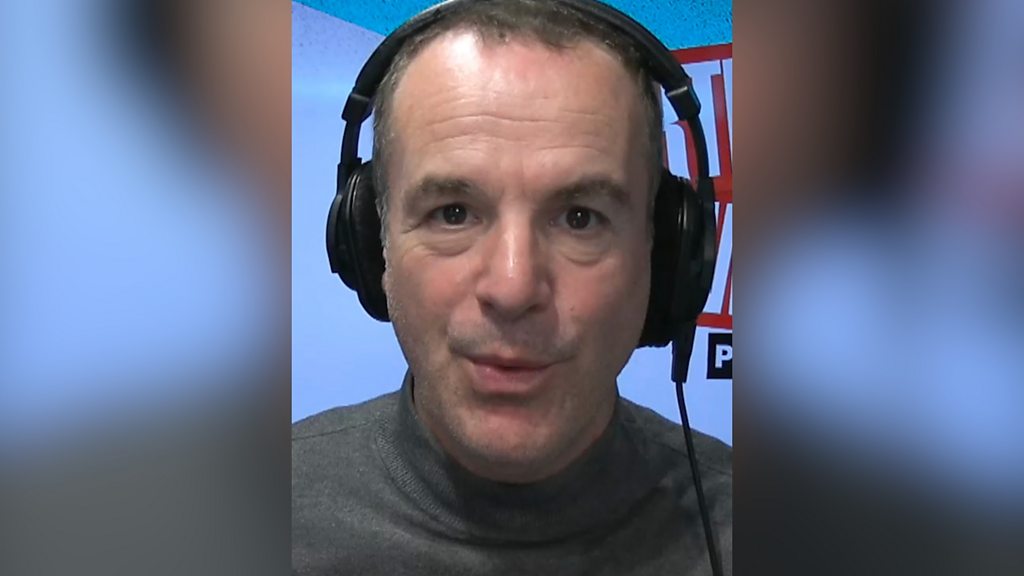Ivorian authorities said the influx of Malian refugees was caused by ‘attacks against civilians’ from armed groups.
Published On 14 Nov 2025
Ivory Coast has reinforced its border security after the arrival of “several unusual flows of refugees” from neighbouring Mali, officials in the West African country have said.
Ivory Coast’s National Security Council (NSC) said in a statement on Thursday that the “influx appears to be due to attacks against civilians by armed terrorist groups in several areas of southern Mali”.
Recommended Stories
list of 3 itemslist 1 of 3‘I’ll go back’, say African migrants deported in campaign by Mauritanialist 2 of 3France urges citizens to leave Mali as armed group blockade intensifieslist 3 of 3Is Mali about to fall to an al-Qaeda-affiliated armed group?end of list“The National Security Council has instructed its Executive Secretary to take all necessary steps to register these asylum seekers,” the statement said.
“Furthermore, the Chief of the General Staff of the Armed Forces has been instructed to take appropriate measures to strengthen security at our country’s northern borders,” it added.
The al-Qaeda-linked Jama’at Nusrat al-Islam wal-Muslimin (JNIM) has waged an almost decade-long rebellion in Mali.
The armed group, the most active in West Africa according to conflict monitor ACLED, was formed in 2017 as a result of a merger with al-Qaeda of the Islamic Maghreb, Ansar Dine, the Macina Liberation Front and al-Mourabitoun.
JNIM’s operations started in Mali, but they have since expanded to nearby countries of Burkina Faso, Niger, Ghana, Ivory Coast, Benin and Togo.
Most recently, in late October, the militant group launched its first attack in Nigeria, killing a soldier and seizing ammunition and cash.
The group has killed thousands of people since 2017, though the overall death toll is unclear.
The group also seeks regime change in Mali, and JNIM has warned foreigners against doing business with the ruling military government – in power since it overthrew the country’s democratically elected government in a 2020 coup d’etat – without its “authorisation”.
Seeking to pressure the military government to negotiate, in September, JNIM sealed off major highways used by tankers and targeted fuel trucks attempting to reach the landlocked Sahel country from Ivory Coast and Senegal.
The move has effectively created an economic and fuel blockade on the capital, Bamako, bringing the city to breaking point and causing desperation among residents, many of whom have fled to neighbouring Ivory Coast.
On Wednesday, JNIM militants attacked the town of Loulouni, about 50km (30 miles) from the Ivory Coast border, causing hundreds more people to flee.
Ivory Coast already hosts about 90,000 refugees from neighbouring Burkina Faso, a country struggling to contain its own armed uprising.

 Movie
Movie 3 weeks ago
57
3 weeks ago
57 




![Presidents Day Weekend Car Sales [2021 Edition] Presidents Day Weekend Car Sales [2021 Edition]](https://www.findthebestcarprice.com/wp-content/uploads/Presidents-Day-Weekend-car-sales.jpg)




 English (United States)
English (United States)